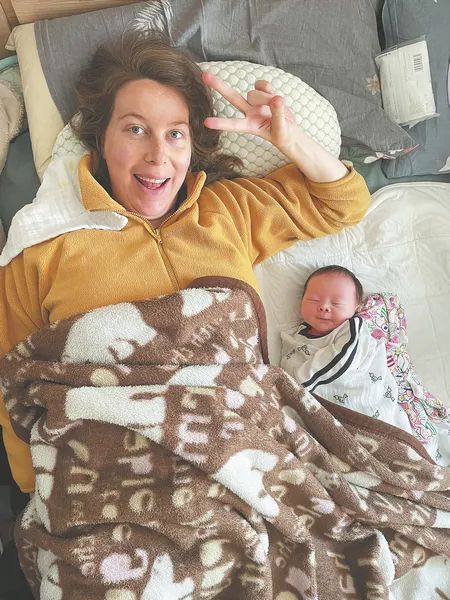Doing the 'sit' the way I see fit
2023-06-28

Strictly speaking, I didn't follow the old "guidelines". I popped out for walks, opened the windows, washed my hair regularly, didn't always wear socks, and drank cold water. But I did kind of sit the month in one regard — because I was confined.

Photo/CHINA DAILY
